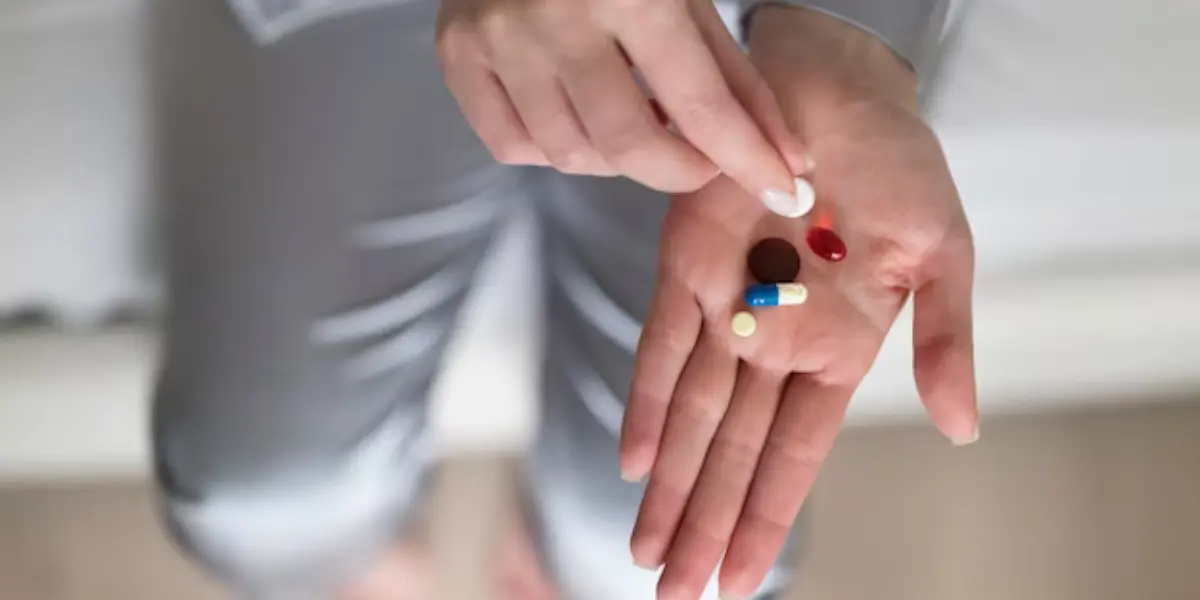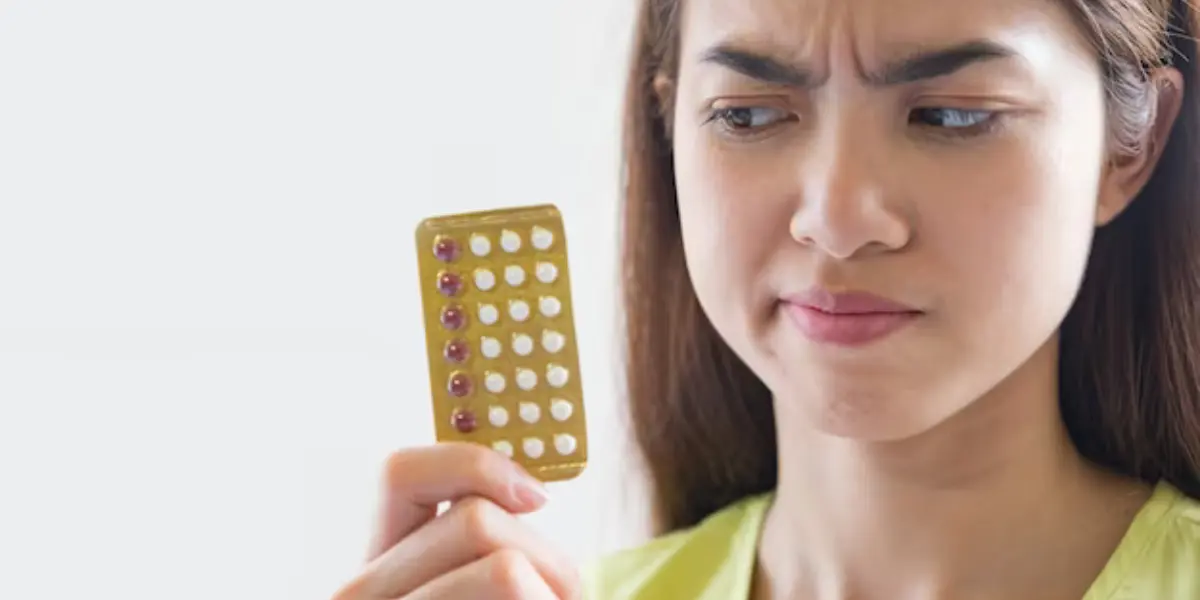Having sexual intercourse isn’t a new topic anymore. It is a common phenomenon that almost every culture in the world is aware of it. It can be a sweet experience that enhances bonding between the partners involved.
The normal sex people generally accept is the one between a man and a woman, however, there are gay, lesbian, and bestiality forms of sex popular in the world. Moreover, most people seem to masturbate if they don’t have a partner to satisfy their sexual urges. Some women even use sex toys like dildos, vibrators, etc., to engage in sex and enhance their sex life.
Preventing Pregnancy After You Have Had Sex: Pills to Avoid Pregnancy After 72 Hours
Sexual intercourse between a man and woman can lead to pregnancy because the man releases the sperm that swims to fertilize the woman’s eggs from the ovary. Then in nine months, a newborn baby will grace the earth. While children are a gift of joy, sometimes, some individuals aren’t prepared to have them yet.
So, they decide to use contraceptives like condoms to prevent pregnancy and avoid sexually transmitted diseases (STDs) such as HIV, syphilis, herpes, gonorrhea, etc. Other effective contraceptives include birth control pills, patches, injections, and intrauterine devices (IUDs).

However, wearing condoms on the penis for sex sometimes isn’t very effective because it might break and allow the sperm to enter the woman’s vagina. Moreover, there are times when the parties involved trust each other for not contacting STDs and decide to have sex without condoms, whether available or not. The result is giving birth to children most of them cannot feed.
This is why the use of emergency contraceptive pills (ECPs) also known as morning-after pills were introduced to help prevent pregnancy. It helps to prevent or delay ovulation and will release the egg to be fertilized by the sperm. Also, it thickens the cervical mucus so that sperm cannot easily swim toward the egg.
You might be wondering since you now have an idea of what ECPs mean, how do you recognize one?
There are two types of ECPs known as Levonorgestrel (Plan B) and Ulipristal acetate (ella). If you just had sex and you don’t have the time to go to the hospital to enquire how to use these ECPs, then Levonorgestrel (Plan B) is your best fit because it doesn’t require a doctor’s prescription. It is also available over the counter and can be used for up to 72 hours.
However, if you want to use an ECP that can last for up to 120 hours, then consider the Ulipristal acetate (ella). The only thing is that it requires a doctor’s prescription before you can use it and it is very effective than levonorgestrel. It doesn’t matter if your ovulation is near, it can still save the day and relieve the stress and worries of unwanted pregnancies.
While having this basic knowledge of the type of ECPs to use to avoid pregnancy, it doesn’t stop there. There are steps involved in partaking in this activity so that you won’t make costly mistakes.
How To Take Emergency Contraceptive Pills To Prevent Pregnancy After 72 Hours
1. Take It As Soon As Possible
After having unprotected sex and you are aware of the types of ECPs to take to prevent pregnancy, that doesn’t mean you should delay the process. The earlier you take them, the better for you as a woman because delay will reduce their effectiveness. For instance, levonorgestrel can last for up to 72 hours so, using it after that time is meaningless. The same applies to ulipristal acetate (ella), if it exceeds 120 hours, just don’t bother taking it again. However, note that some factors like the woman’s menstrual cycle, and health condition can determine their effectiveness. Therefore, still, consult your doctor to know which pill is perfect for you.

2. Don’t Ignore Dosage Instructions
You have finally bought these pills from the pharmacy, hospital, etc., and you are in haste to use them because you want to terminate that pregnancy at all costs. Don’t rush or else you might regret it later. Instead, check the package instructions on how to take them. Some ECPs might require you to take a single dose or two doses for better performance. If you’re still unsure or cannot rely on the dosage instructions from the package, don’t hesitate to contact your doctor. He/she will advise you on what dose is right for you based on your health conditions and other factors.
3. Manage Side Effects
ECPs also come with side effects like other drugs and nausea and vomiting are usually common when you take them. Most people can vomit early or after 2 hours of taking these pills. Sadly, vomiting stops the body from absorbing the pill and preventing pregnancy. When such a situation occurs, it’s recommended to take another dose so that the required dosage is taken and the body can benefit from it. However, note that everyone may not experience nausea or vomiting after taking Emergency Contraceptive Pills, yet, if you have such symptoms, you can still consult your doctor to know if you should take additional dosage or not.
4. Use Regular Contraceptives
Regular contraceptives as mentioned earlier include birth control pills, patches, injections, intrauterine devices (IUDs), and condoms. Try using them too and don’t mainly focus on ECPs as a substitute. This is because they are more effective when used correctly and not limited to a timeframe given by ECPs.
Also Read:- Silent Nights: What Are Effective Methods To Prevent Pregnancy Snoring?
The Bottom Line
You don’t have to worry anymore even if you have had sex for over 24 hours because emergency contraceptive pills also known as ECPs like levonorgestrel and ulipristal acetate (ella) can help prevent pregnancies from 72 to 120 hours. However, learn to take them promptly, follow dosage institutions, consider side effects, and don’t replace them with regular contraceptives like birth control pills, patches, injections, intrauterine devices (IUDs), and condoms. Lastly, consult your doctor for more guidance. With these steps, you’re good to go on taking these pills the right way.
References:
- How effective is emergency contraception? (2019).
https://www.nhs.uk/conditions/contraception/how-effective-emergency-contraception/ - Shohel M, et al. (2014). A systematic review of effectiveness and safety of different regimens of levonorgestrel oral tablets for emergency contraception.
https://www.ncbi.nlm.nih.gov/pmc/articles/PMC3977662/ - Turok DK, et al. (2021). Levonorgestrel vs. copper intrauterine devices for emergency contraception.
https://www.nejm.org/doi/full/10.1056/NEJMoa2022141